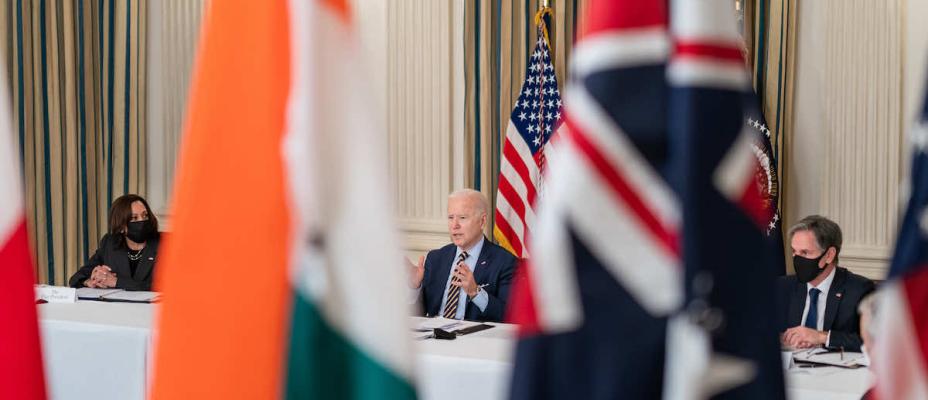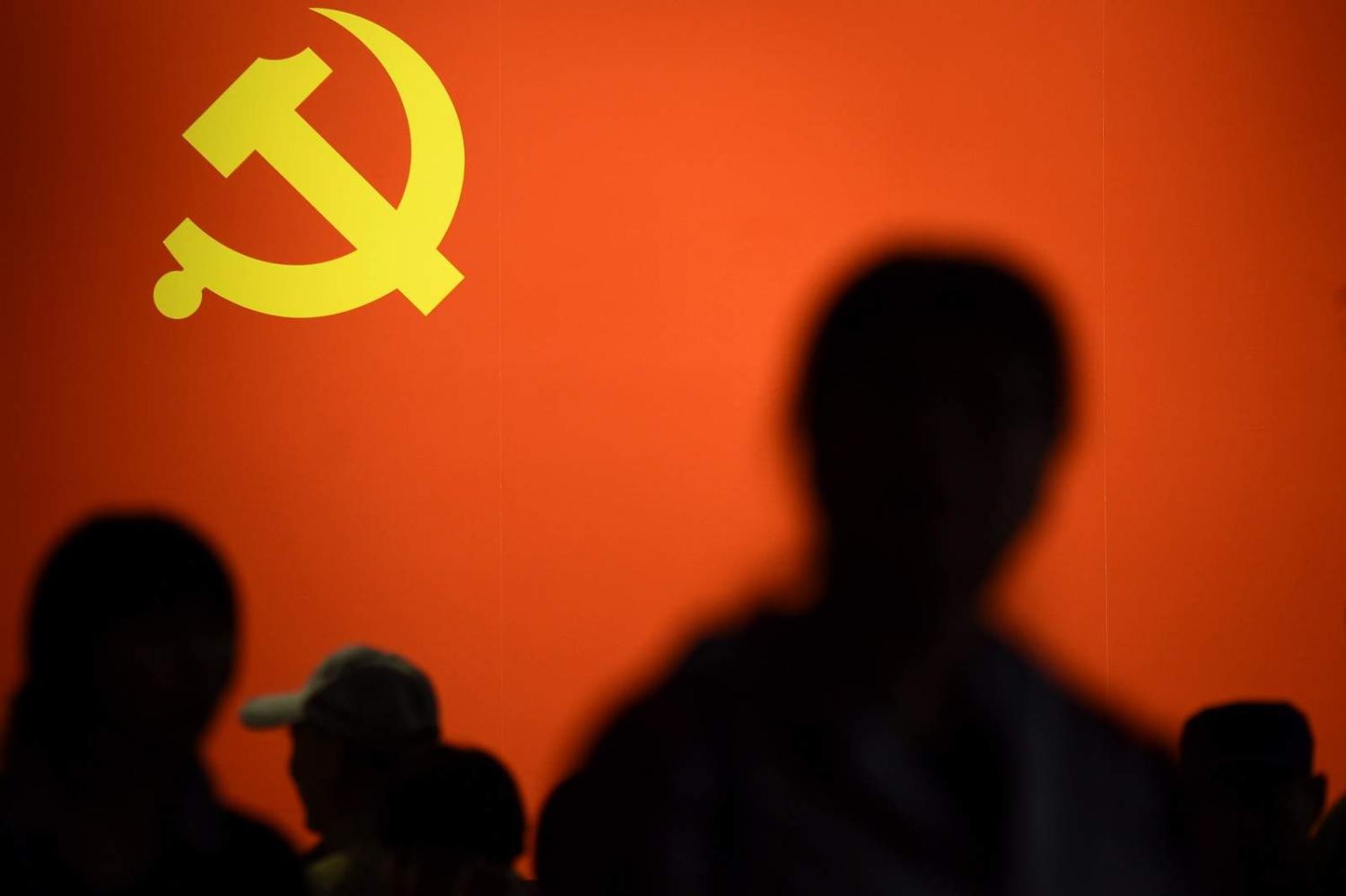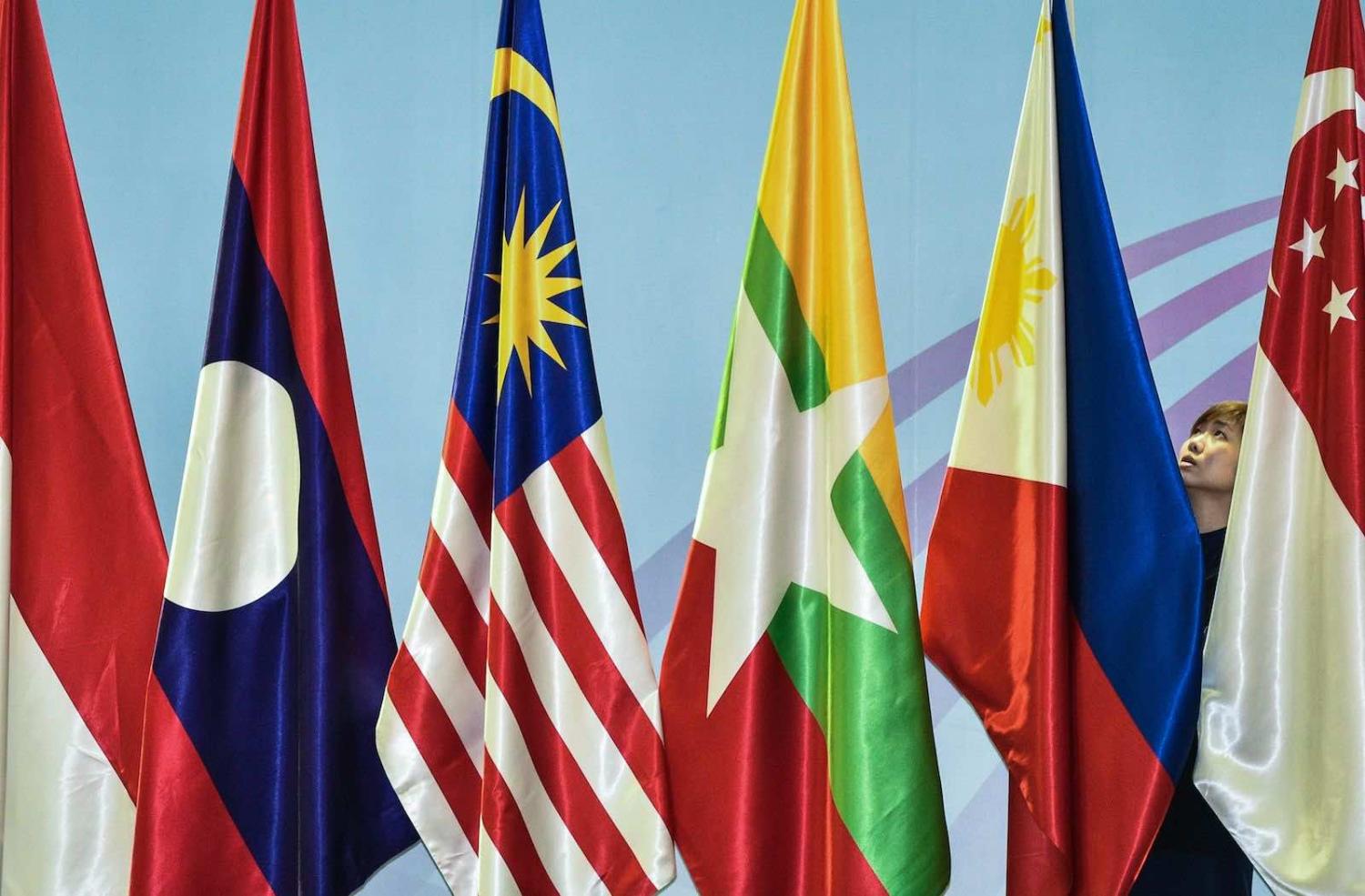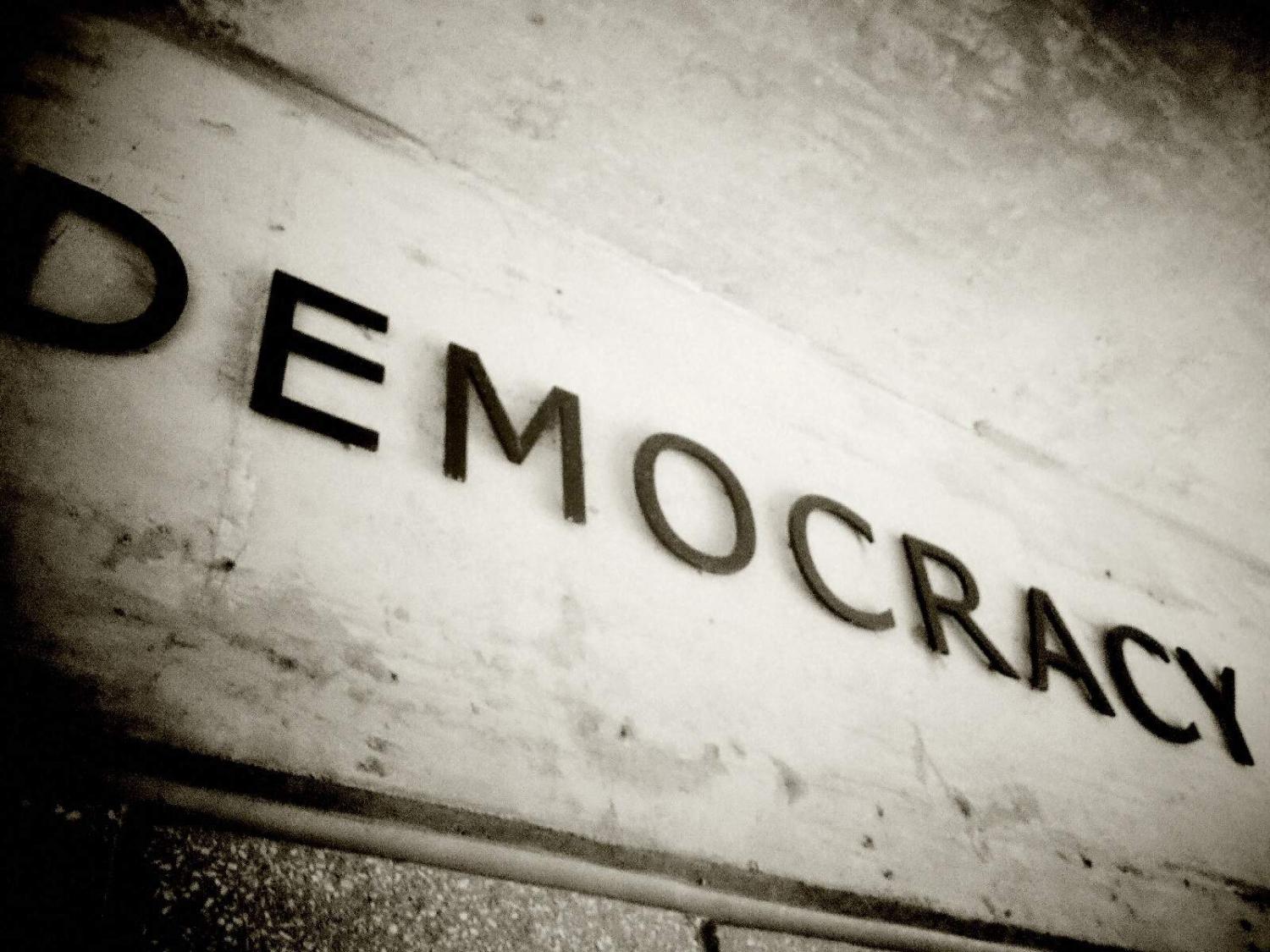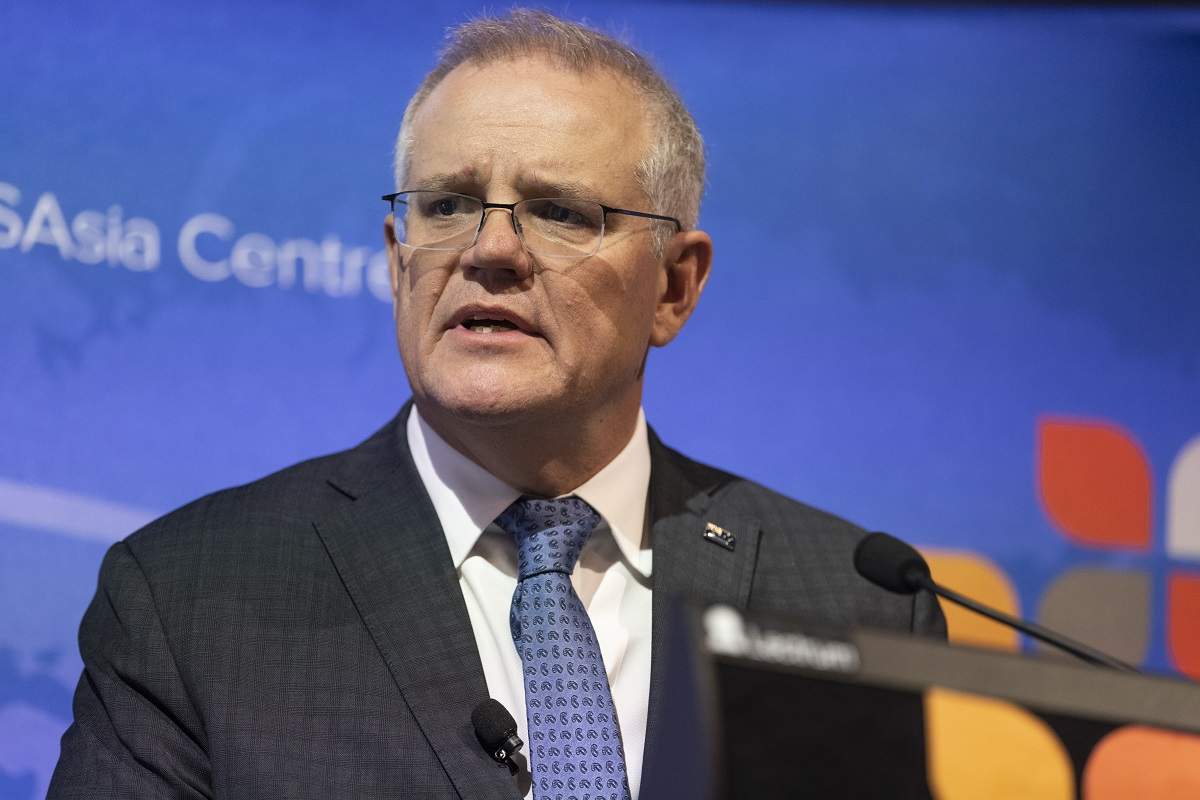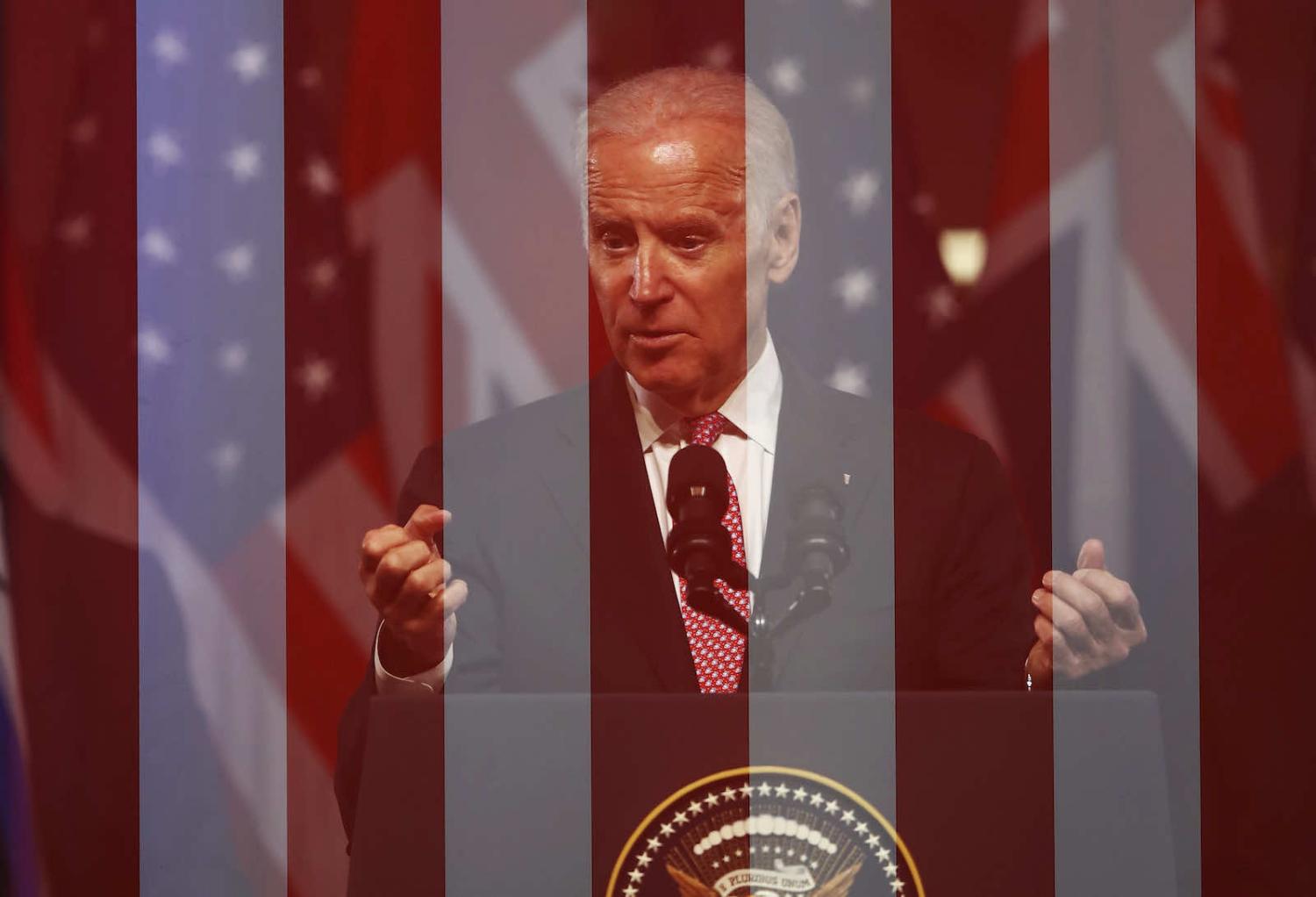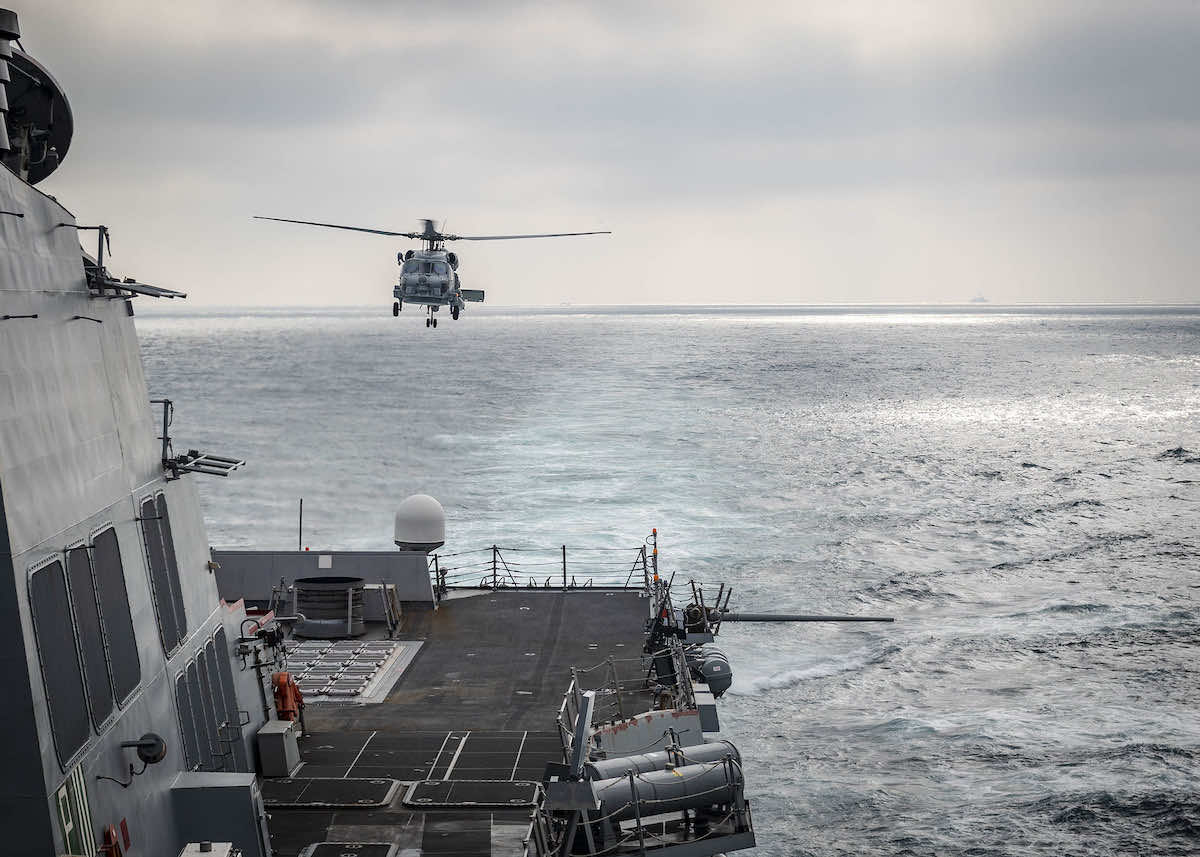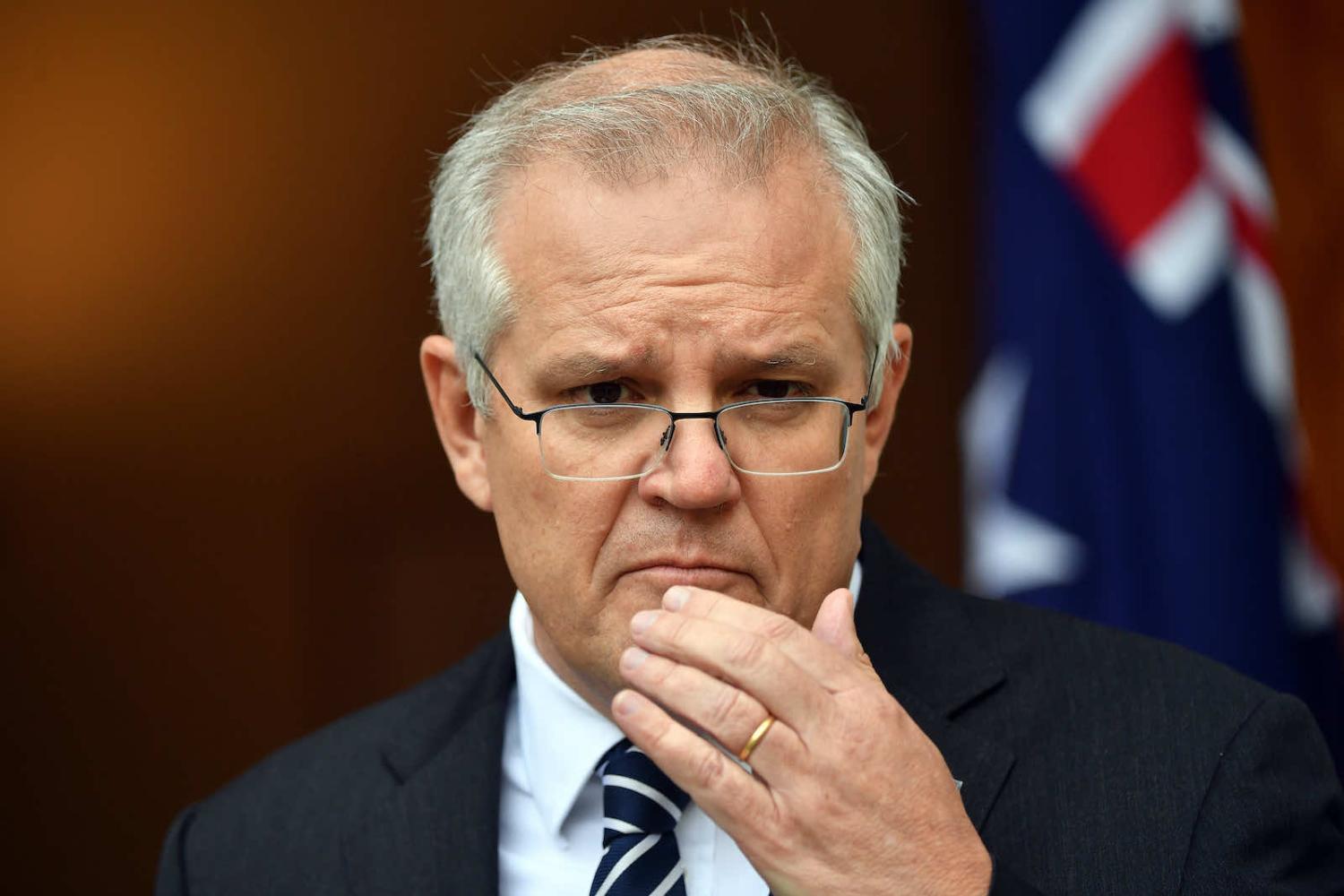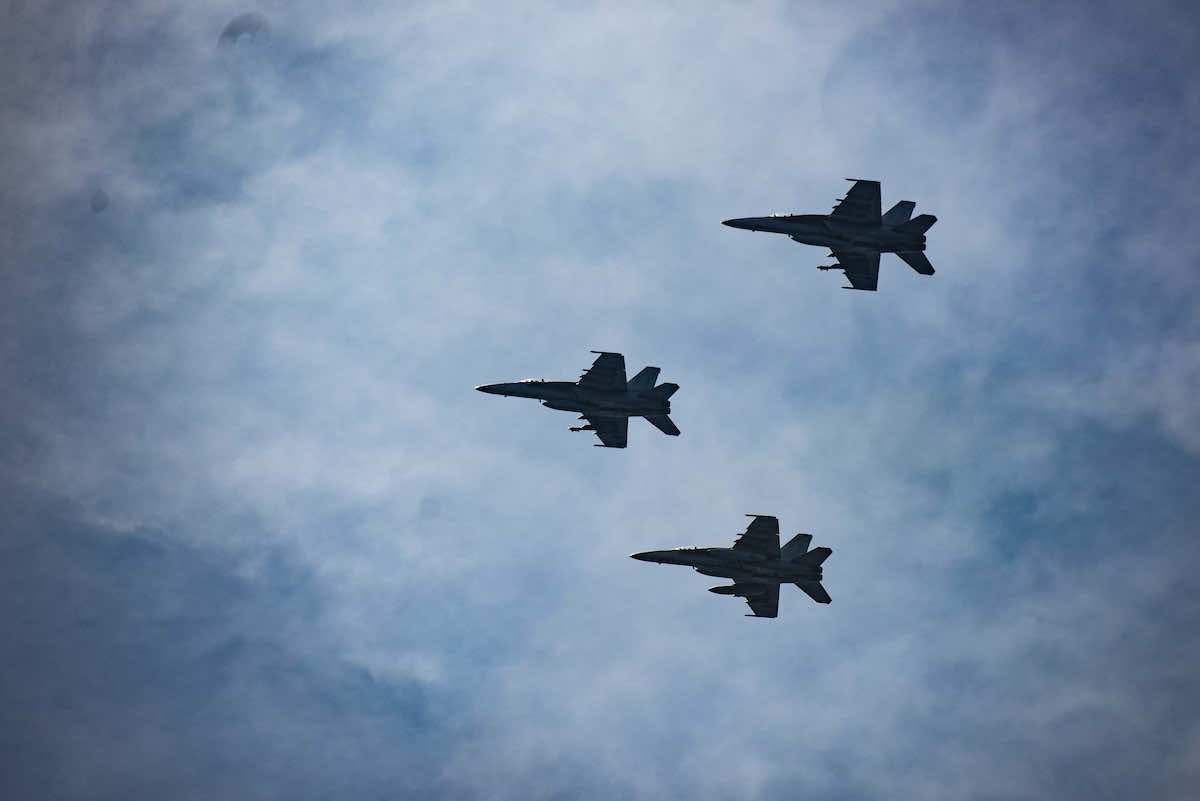Some Western leaders, including Scott Morrison, have begun to describe the contest with China in starkly ideological terms, as a defence of democracy against authoritarianism. They say China threatens to replace the democratically-based “liberal international order” with a new order founded on the principles and practices of the Chinese Communist Party (CCP), which would endanger democratic societies everywhere. It is all very reminiscent of the old Cold War.
This narrative has obvious appeal to leaders seeking support at home for their hard line on China, but does it work abroad? Here on The Interpreter, there has been a live debate about framing the contest with China this way, with some arguing that it risks alienating many countries with shaky democratic credentials whose support we seek against China.
I think this is a problem, but the debate misses a more important issue. It is not just a question of whether the ideological Cold War framing is good tactics, but whether it is true. Does China really pose the kind of threat that the Soviet Union posed? I don’t think it does, for two reasons.
Even if Beijing does seek to undermine democracy around the world, is there any reason to think it might succeed?
The first relates to China’s intentions. As former Department of Foreign Affairs and Trade secretary Peter Varghese among others has argued, there is no evidence that Beijing seeks to remodel the world in its image. China is not like the Soviet Union in its heyday, which really did aim to make the world communist. The CCP will do whatever it can to protect its own system from being undermined from without, but unlike the Soviet Union – and many in the West – it does not seem to believe that this requires the rest of the world to adopt its model.
But intentions can change, so the stronger reason to doubt the Cold War view of our contest with China relates to its capabilities. Even if Beijing does seek to undermine democracy around the world, is there any reason to think it might succeed? Here again, the contrast with the Soviet Union is instructive.
Take the contest of ideas. It is hard now to remember that during the early post-war decades, the Soviet Union offered a fully-developed and comprehensive vision of global order, national organisation and human life that many people, both in the West and in the decolonising “third world”, found compelling. Moscow-affiliated communist parties were significant players in the domestic politics of many countries, including key US allies such as France, Italy and Japan. It is now clear that the challenge this posed to liberal democracy was weaker than it seemed, but the challenge was nonetheless real.
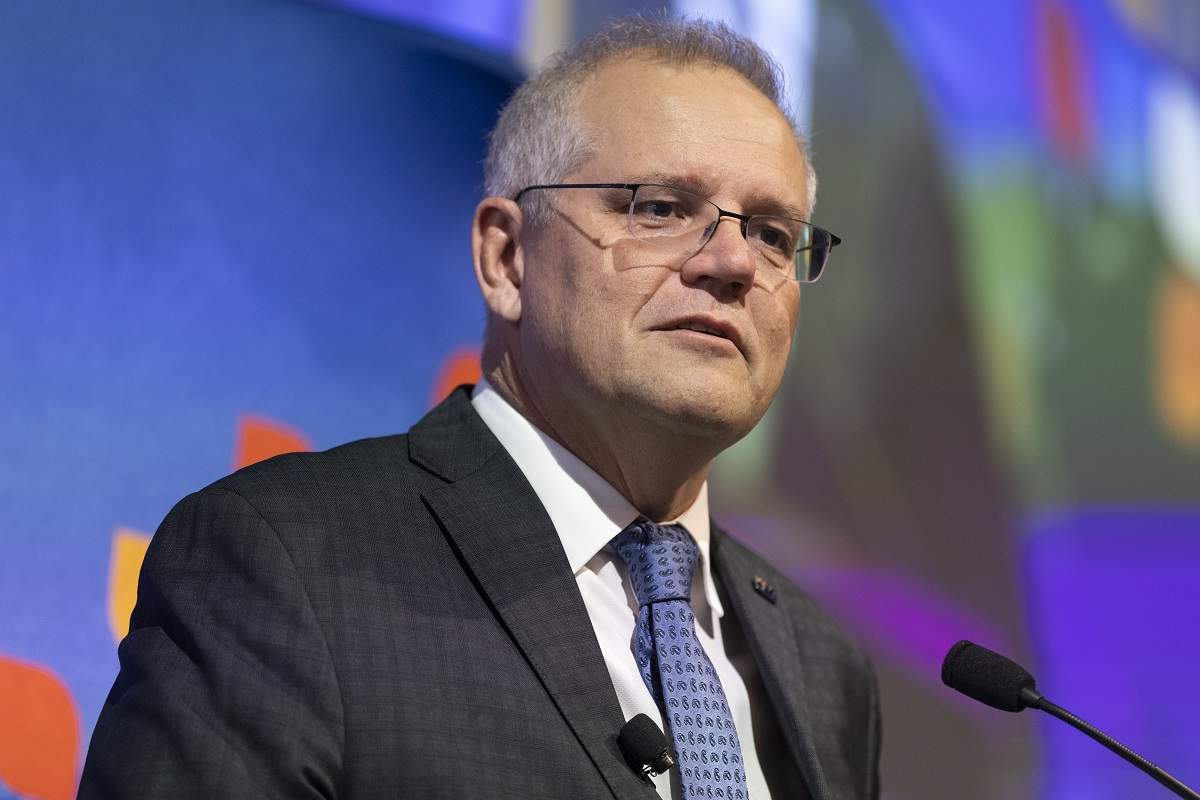
There is no analogy with China today. In no western country does anyone advocate the adoption of China’s political system or the acceptance of a Chinese-led global order, and while many leaders in the developing world may long to copy the CCP’s political and economic achievements, few if any acknowledge it as an ideological model or would welcome its hegemony. Even countries that share China’s ideology – such as Vietnam – resist its influence. So even if China were trying to impose its brand of politics on others by persuasion, it has no evidence that it has the capacity to do so.
The second reason China doesn’t pose the threat it appears to, relates to material power. At first glance, it may seem that China is much better placed materially than the Soviets were to “rule the world”. Throughout the Cold War, the Soviet Union had the world’s second-biggest economy, but it was never more than half the size of America’s. China’s GDP has already overtaken America’s in purchasing power parity (PPP) terms and is poised to do so in market exchange rate terms before long, and will most likely outstrip it in the decades ahead. Beijing might therefore seem to have the material basis for global hegemony that the Soviet Union lacked.
But the comparison with America isn’t what really counts anymore. In the Cold War, especially in its early stages, wealth and power were very unevenly distributed around the world, and America and the Soviet Union were overwhelmingly preponderant. They were the only two countries that counted strategically, which is why they were called superpowers.
Some people may think that it doesn’t matter much to exaggerate China’s threat if that helps mobilise support against it.
To see what this meant, consider the position of the Soviet Union across Eurasia 70 years ago in 1951, when the North Atlantic Treaty Organisation (NATO) had been recently founded. Eastern Europe was already under its control. Western Europe and Japan were still in ruins. India was only just independent, desperately poor and happy to lean Moscow’s way. China was a communist satellite, and Southeast Asia seemed set to follow. And the Soviets were the only Eurasian power with nuclear weapons. There was no serious barrier to Soviet hegemony over the whole of Eurasia, except America.
Compare China’s position today, when power is much more evenly distributed around the world. Russia, India and Europe are all substantial powers, and China has no chance of subjugating Eurasia by dominating them. And if China cannot dominate them, it certainly can’t challenge America in the Western hemisphere, or “rule the world”.
This doesn’t mean that China poses no threat to the post-Cold War vision of a US-led global order. It challenges America as the primary power in East Asia, and claims an equal – or even first-among-equals – role in regulating the global order. But that is not the same as imposing a Chinese-led global order, let alone one that inflicts China’s political system or values on other countries.
Nor does it mean that our democratic systems face no serious threats. They clearly do, but those threats come from within – and not just in America.
Some people may think that it doesn’t matter much to exaggerate China’s threat if that helps mobilise support against it. But that’s wrong, because it makes it harder to manage the contest by seeking a new modus vivendi, and easier to mismanage it by sliding into war.
